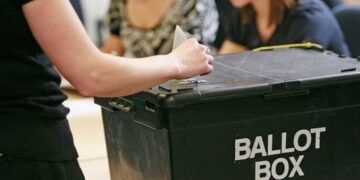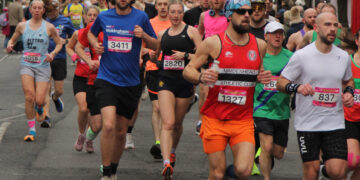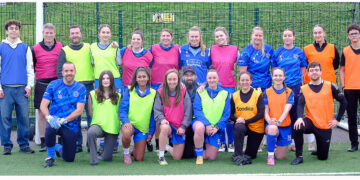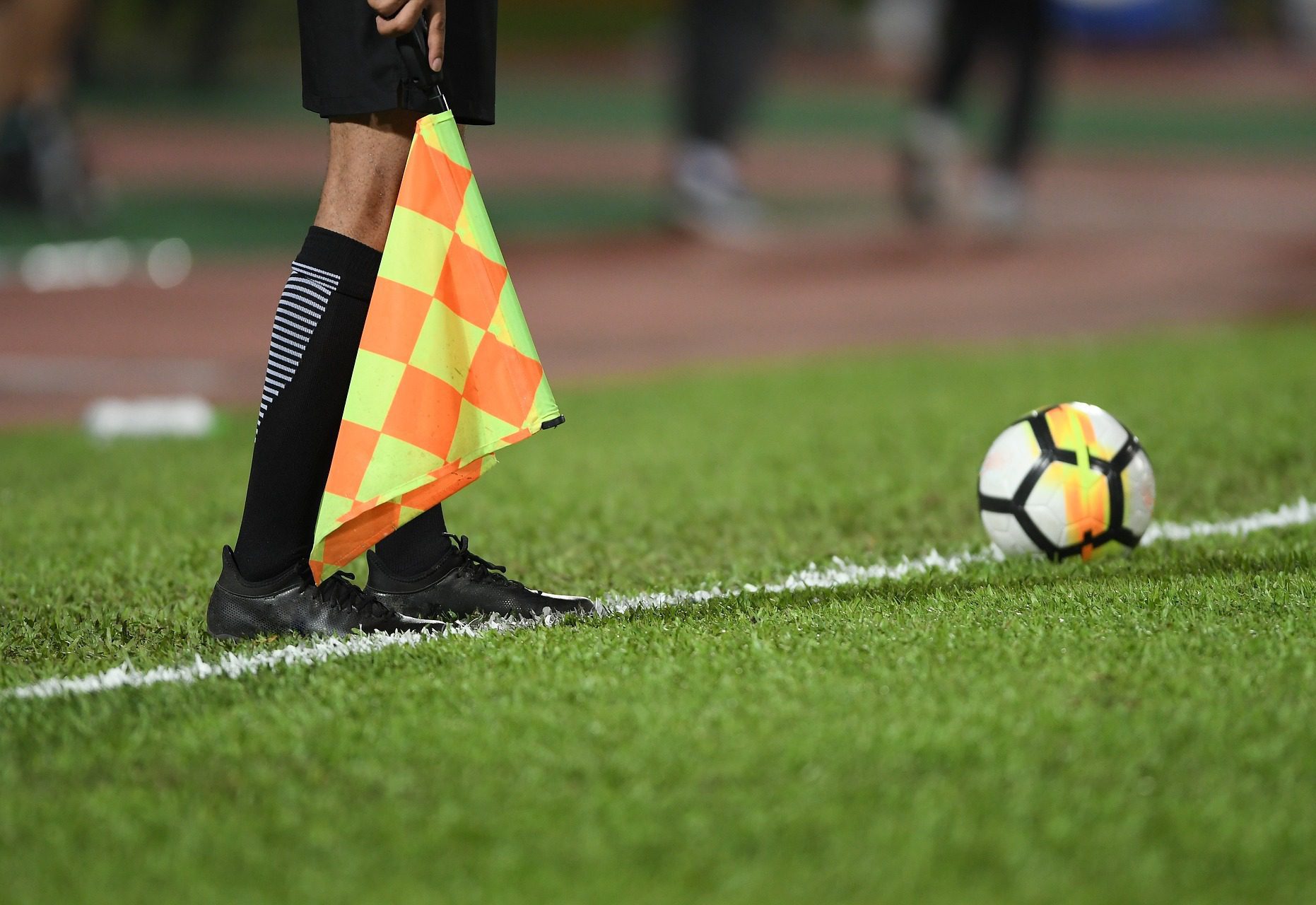At the beginning of the FIFA World Cup, I was asked a couple of questions. The first one was ‘are there any English referees involved?’
The answer to that is easy, we had two selected for the finals, the Premier League’s numbers one and two, Michael Oliver and Anthony Taylor. Out of the 36 referees, we were one of only three countries to have two male referees at Qatar.
I say this because of the welcome selection of three female referees. Stephanie Frappart, a French referee who has been on the international list since 2009, and was the first woman to referee a men’s Champions League match.
Salma Mukansanga of Rwanda, the first woman to referee at the African Cup of Nations, and Yoshimi Yamashita of Japan who refereed at the 2019 Woman’s World Cup and 2020 Olympic Games. All well proven referees.
There were also three women assistant referees selected. I think it a pity that Sian Massey-Ellis isn’t amongst them as she in my opinion is the best assistant referee in the Premier League.
The selection of these referees would have started about three years ago. The world of football is split into a number of governable bodies such as UEFA, who put forward nominees to be considered.
This was around 50 referees plus assistant referees. These were watched by FIFA assessors over time and probably given some FIFA matches to referee. There have get-togethers for discussions, training, more assessment. Important things of course are fitness, knowledge, and application of the Laws.
One of the important criteria for the World Cup is that they work to the same approved interpretation of those laws. Gradually the numbers came down to those required for the finals. 36 referees, 69 assistant referees and 24 VARs.
There was another change this year, in that the list was announced six months in advance of the finals, rather than just before the tournament. The idea of Pierluigi Collina, FIFA Head of Refereeing, is that this would enthuse those selected, to commit and push themselves to be on top form.
I don’t know if they did it this year but at other finals, they have been subject to three tests on arrival. Fitness, Laws of the Game, and their English, as English is the universal language of football. Fail any and they were sent straight back home.
At the World Cup finals, the referees are selected by the FIFA Referees Committee and among other considerations, they have to make sure there can be no conflicts of interest.
By Dick Sawdon Smith

















































